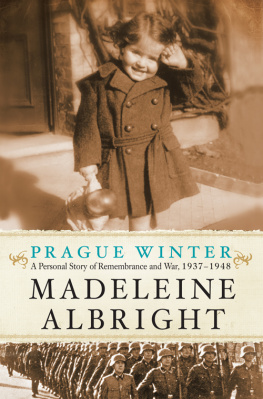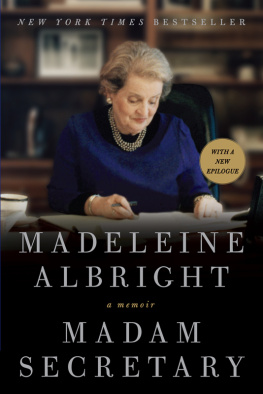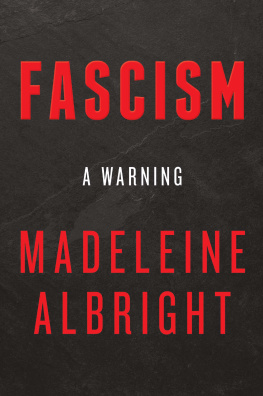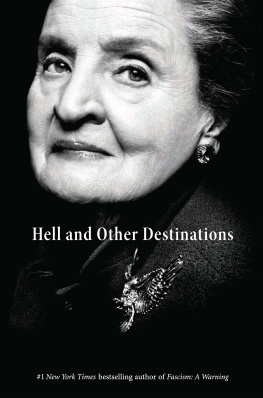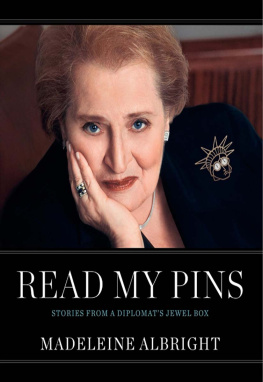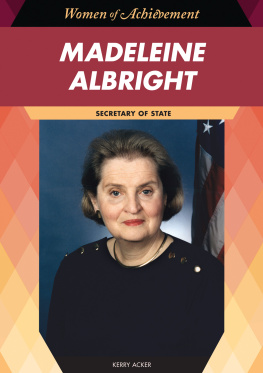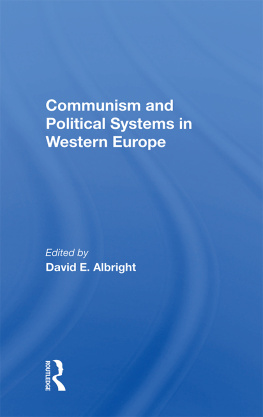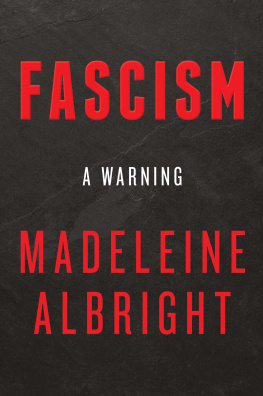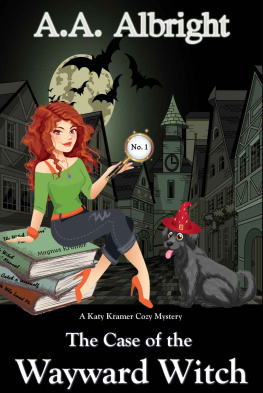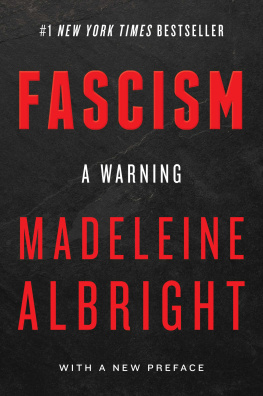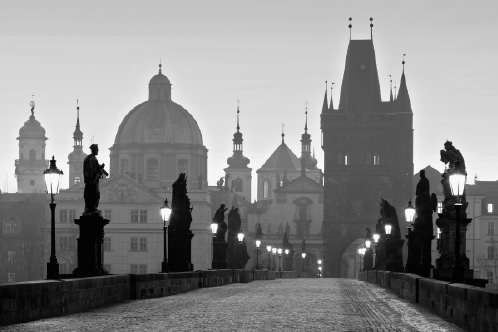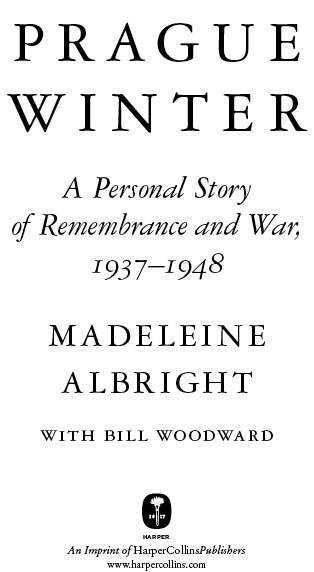Madeleine Albright - Prague Winter: A Personal Story of Remembrance and War, 1937-1948
Here you can read online Madeleine Albright - Prague Winter: A Personal Story of Remembrance and War, 1937-1948 full text of the book (entire story) in english for free. Download pdf and epub, get meaning, cover and reviews about this ebook. year: 2012, publisher: Harper, genre: Politics. Description of the work, (preface) as well as reviews are available. Best literature library LitArk.com created for fans of good reading and offers a wide selection of genres:
Romance novel
Science fiction
Adventure
Detective
Science
History
Home and family
Prose
Art
Politics
Computer
Non-fiction
Religion
Business
Children
Humor
Choose a favorite category and find really read worthwhile books. Enjoy immersion in the world of imagination, feel the emotions of the characters or learn something new for yourself, make an fascinating discovery.
- Book:Prague Winter: A Personal Story of Remembrance and War, 1937-1948
- Author:
- Publisher:Harper
- Genre:
- Year:2012
- Rating:5 / 5
- Favourites:Add to favourites
- Your mark:
Prague Winter: A Personal Story of Remembrance and War, 1937-1948: summary, description and annotation
We offer to read an annotation, description, summary or preface (depends on what the author of the book "Prague Winter: A Personal Story of Remembrance and War, 1937-1948" wrote himself). If you haven't found the necessary information about the book — write in the comments, we will try to find it.
Before Madeleine Albright turned twelve, her life was shaken by the Nazi invasion of Czechoslovakiathe country where she was bornthe Battle of Britain, the near total destruction of European Jewry, the Allied victory in World War II, the rise of communism, and the onset of the Cold War.
Albrights experiences, and those of her family, provide a lens through which to view the most tumultuous dozen years in modern history. Drawing on her memory, her parents written reflections, interviews with contemporaries, and newly available documents, Albright recounts a tale that is by turns harrowing and inspiring. Prague Winter is an exploration of the past with timeless dilemmas in mind and, simultaneously, a journey with universal lessons that is intensely personal.
The book takes readers from the Bohemian capitals thousand-year-old castle to the bomb shelters of London, from the desolate prison ghetto of Terezn to the highest councils of European and American government. Albright reflects on her discovery of her familys Jewish heritage many decades after the war, on her Czech homelands tangled history, and on the stark moral choices faced by her parents and their generation. Often relying on eyewitness descriptions, she tells the story of how millions of ordinary citizens were ripped from familiar surroundings and forced into new roles as exiled leaders and freedom fighters, resistance organizers and collaborators, victims and killers. These events of enormous complexity are nevertheless shaped by concepts familiar to any growing child: fear, trust, adaptation, the search for identity, the pressure to conform, the quest for independence, and the difference between right and wrong.
No one who lived through the years of 1937 to 1948, Albright writes, was a stranger to profound sadness. Millions of innocents did not survive, and their deaths must never be forgotten. Today we lack the power to reclaim lost lives, but we have a duty to learn all that we can about what happened and why. At once a deeply personal memoir and an incisive work of history, Prague Winter serves as a guide to the future through the lessons of the pastas seen through the eyes of one of the international communitys most respected and fascinating figures.
Madeleine Albright: author's other books
Who wrote Prague Winter: A Personal Story of Remembrance and War, 1937-1948? Find out the surname, the name of the author of the book and a list of all author's works by series.

